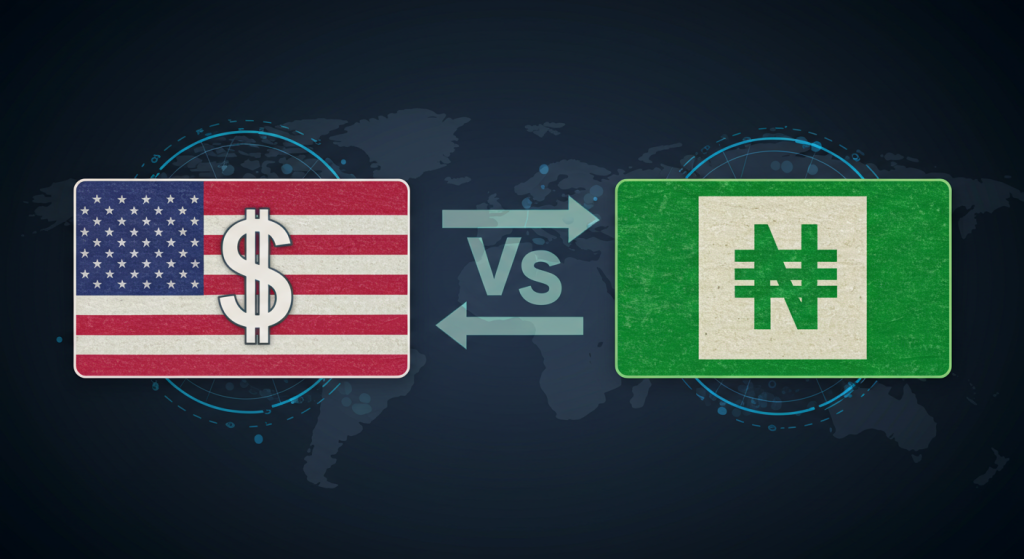The Dollar to Naira exchange rate continues to capture the attention of businesses, investors, and individuals across Nigeria amid ongoing foreign exchange challenges. As of April 27, 2025, the black-market rates reflect persistent supply constraints, economic pressures, and recent Central Bank of Nigeria (CBN) policy shifts.
Black Market Exchange Rates (April 27, 2025)
-
Dollar to Naira:
- Buying: ₦1,600/$1
- Selling: ₦1,605/$1
-
Euro to Naira:
- Buying: ₦1,780/€1
- Selling: ₦1,800/€1
-
Pound Sterling to Naira:
- Buying: ₦2,100/£1
- Selling: ₦2,120/£1
-
Chinese Yuan to Naira:
- Buying: ₦200/¥1
- Selling: ₦220/¥1
The growing reliance on the black market is largely due to limited access to official forex windows, with many turning to Bureau De Change operators for immediate needs. For real-time updates, sources like Aboki Forex and CBN platforms are widely consulted.
Why the Black-Market Rate Differs from the Official Rate
Several key factors continue to drive the divergence between black-market and official forex rates:
-
Limited Access to Official Forex
High demand for foreign currencies, coupled with bureaucratic hurdles at official windows, pushes individuals and businesses to alternative markets for quicker access.
-
Artificial Distortions at Official Rate
Historically, CBN interventions, including multiple exchange windows and artificial pegging, have failed to reflect true market dynamics, encouraging parallel market growth.
-
Economic Instability and Market Sentiment
Rising inflation, supply-demand imbalances, and economic uncertainty erode confidence in the Naira, increasing foreign currency demand on the black market.
-
Informal Nature of Black Market
Operating with minimal regulation, black-market rates are determined by immediate market conditions, enabling rapid fluctuations outside official oversight.
-
Government and CBN Policies
Monetary and fiscal policies, including efforts to unify exchange rates and float the Naira more freely under the Nigerian Foreign Exchange Market (NFEM), have narrowed—but not eliminated—the gap.
Outlook for 2025
Although recent reforms aim to align official and black-market rates, persistent economic challenges continue to impact exchange rate stability. While progress has been made, the dynamics of supply, demand, inflation, and speculation remain influential forces in shaping Nigeria’s forex market.

